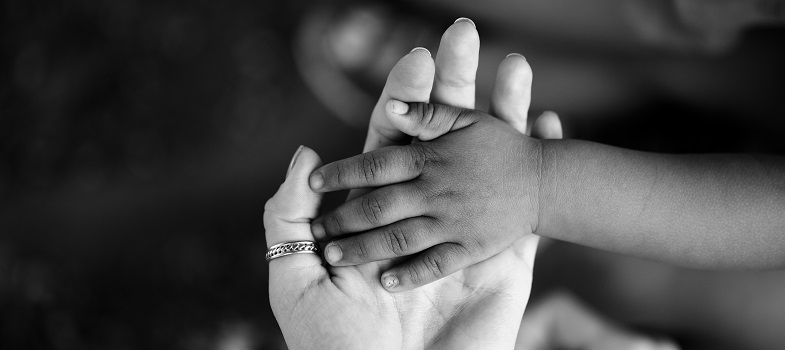What you focus on is what grows
The European Commission working group on Early Childhood Education and Care describes each child as:
A unique and a competent and active learner whose potential needs to be encouraged and supported. Each child is a curious, capable and intelligent individual. The child is a co-creator of knowledge who needs and wants interaction with other children and adults.
The above statement refers to all children. If this is our understanding of each child, then it follows that we focus on their uniqueness, their curiosity and capability, and their desire to interact with other children and adults in whatever way that might be. Curiosity, capability and intelligence will flourish if we pay attention to them. It is also important that we appreciate the strengths and opportunities that a child who requires additional support can bring to the setting.
Practitioners need to model this approach. You can build a positive relationship with a family by demonstrating your understanding of their child and your wish to get to know them and to co-create knowledge with them. This will be apparent through your interactions with children and how you document their learning through personal learning plans, online e-journals or other material and methods relevant to your setting.
One practical example is to ensure that conversations led by adults, including parents, always involve and connect with children so that children are not talked about while they are present as if they are not able to hear and understand.
Moving your body to the child’s height, bringing them into the conversation and redirecting an adult’s questions or comments to the child for their response or to acknowledge their involvement can remind other adults of the child’s agency, their humanity and their right to be involved in decisions affecting them. This approach reflects the aims of Article 12 in the United Nations Convention on the Rights of the Child.
Follow this link to Children and Young People’s Commissioner Scotland [Tip: hold Ctrl and click a link to open it in a new tab. (Hide tip)] (2019) for further information about children’s rights and how they are addressed in Scotland.
4.2 Working together: diagnosing disability or identifying a need
